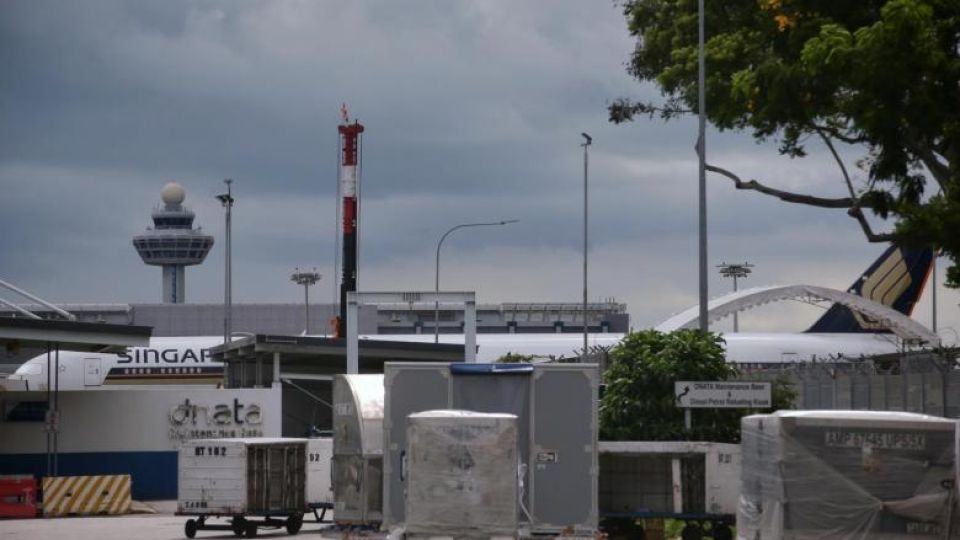January 3, 2022
SINGAPORE – Changi Airport is flying high again in air cargo flow, with two years of pandemic-induced global disruptions giving way to rising demand fuelled by supply chain disruptions and an online shopping boom.
According to data provided by Changi Airport Group (CAG) on Friday (Dec 31), total airfreight throughput from January to November in 2021 hit 1.76 million tonnes – 96 per cent of the 1.84 million tonnes reached over the same period in pre-pandemic 2019.
It was also a 26 per cent jump from the 1.4 million tonnes moved from January to November 2020, when throughput for the full year fell to 1.54 million tonnes – from 2.01 million tonnes in 2019 – at the height of pandemic restrictions and lockdowns worldwide.
CAG noted that throughput for September and October last year surpassed 2019 benchmarks, with air imports and exports from January to November last year exceeding pre-pandemic levels by 8 per cent.
Air imports, exports and transshipments are the primary components of air cargo movements.
As at the first week of December 2021, Changi Airport was registering some 1,000 weekly scheduled and charter cargo flights – including passenger aircraft converted to carry cargo in their holds – connecting the hub to more than 70 cities.
This is a more than threefold increase compared with December 2019.
Last year, more than 50 passenger airlines launched more than 23,000 flights carrying only cargo to and from Changi Airport.
There were more than 540 weekly freighter-only flights as at the first week of December, a rise of 72 per cent from December 2019.
The introduction of new freighter operators to Changi Airport over the past two years has helped minimise supply chain disruptions by supporting the flow of essential goods such as personal protective equipment, pharmaceuticals and food supplies, said CAG.
Most recently, on Dec 25, South Korean budget carrier Air Premia launched a weekly flight from Incheon city to Singapore using converted passenger planes to bring in Covid-19 test kits, e-commerce goods, fabric, and agricultural products including strawberries.
Outbound cargo includes perfumes, cosmetics, food products and electronic parts.
Air imports and exports between Singapore and South Korea grew by 6 per cent for the January-to-November period last year, compared with 2019.
Air Premia follows the addition of Australia’s Tasman Cargo in June and India’s SpiceJet in February last year, as well as China’s YTO Cargo in November 2020 and American airline Kalitta in April earlier that year.
There was also the reinstatement of scheduled freighter flights in 2020 by China’s SF Airlines in August and Turkish Cargo in October.


